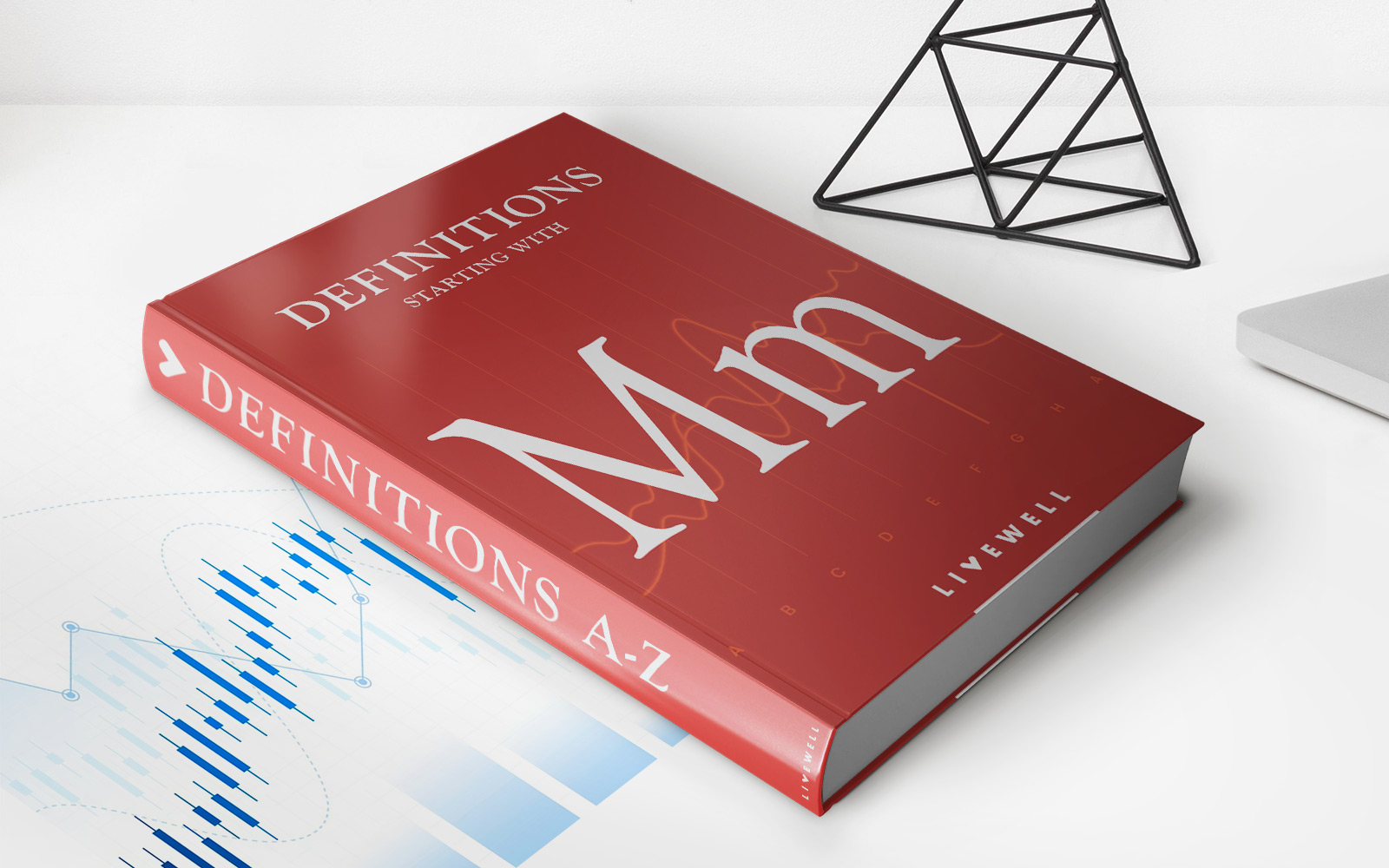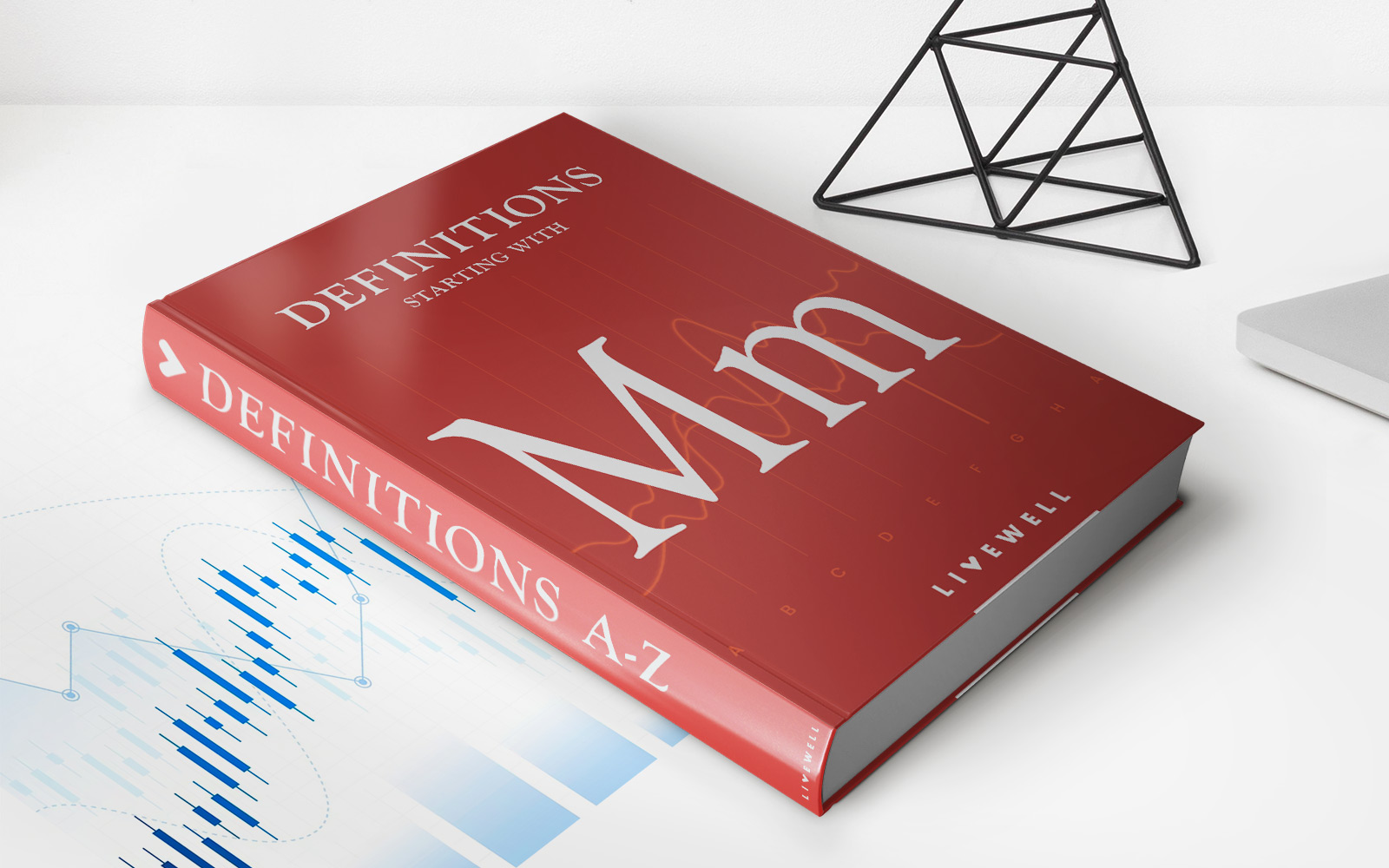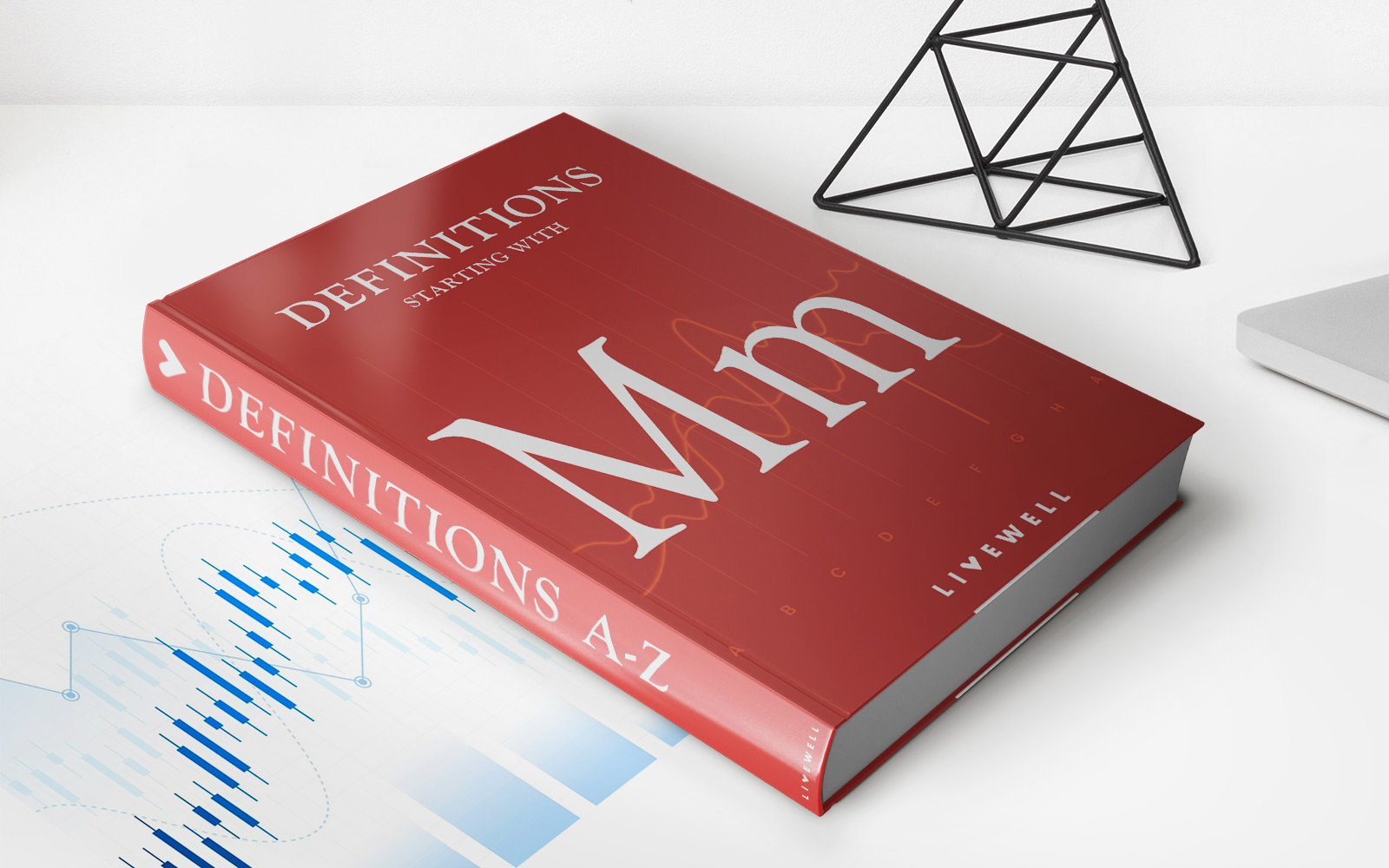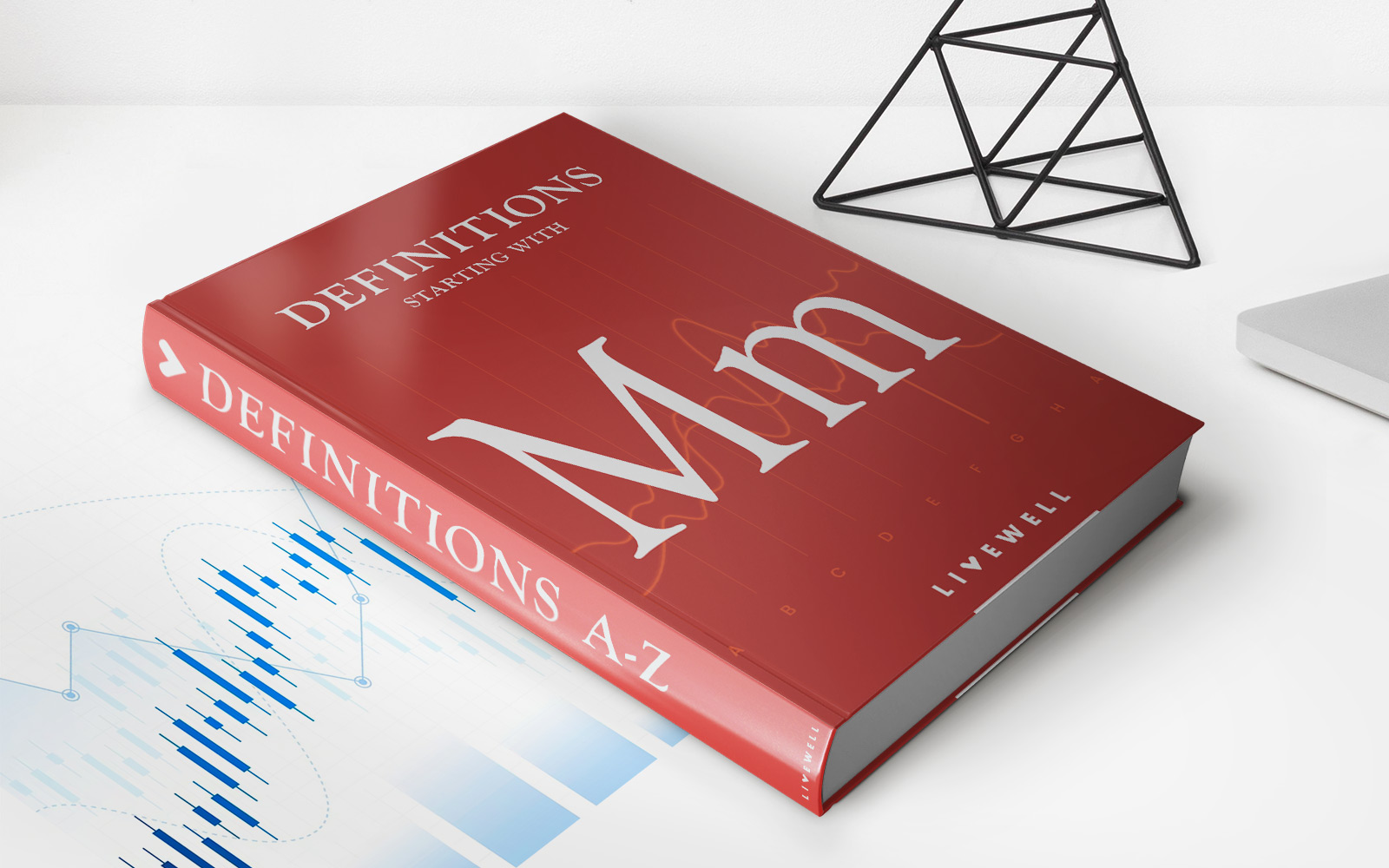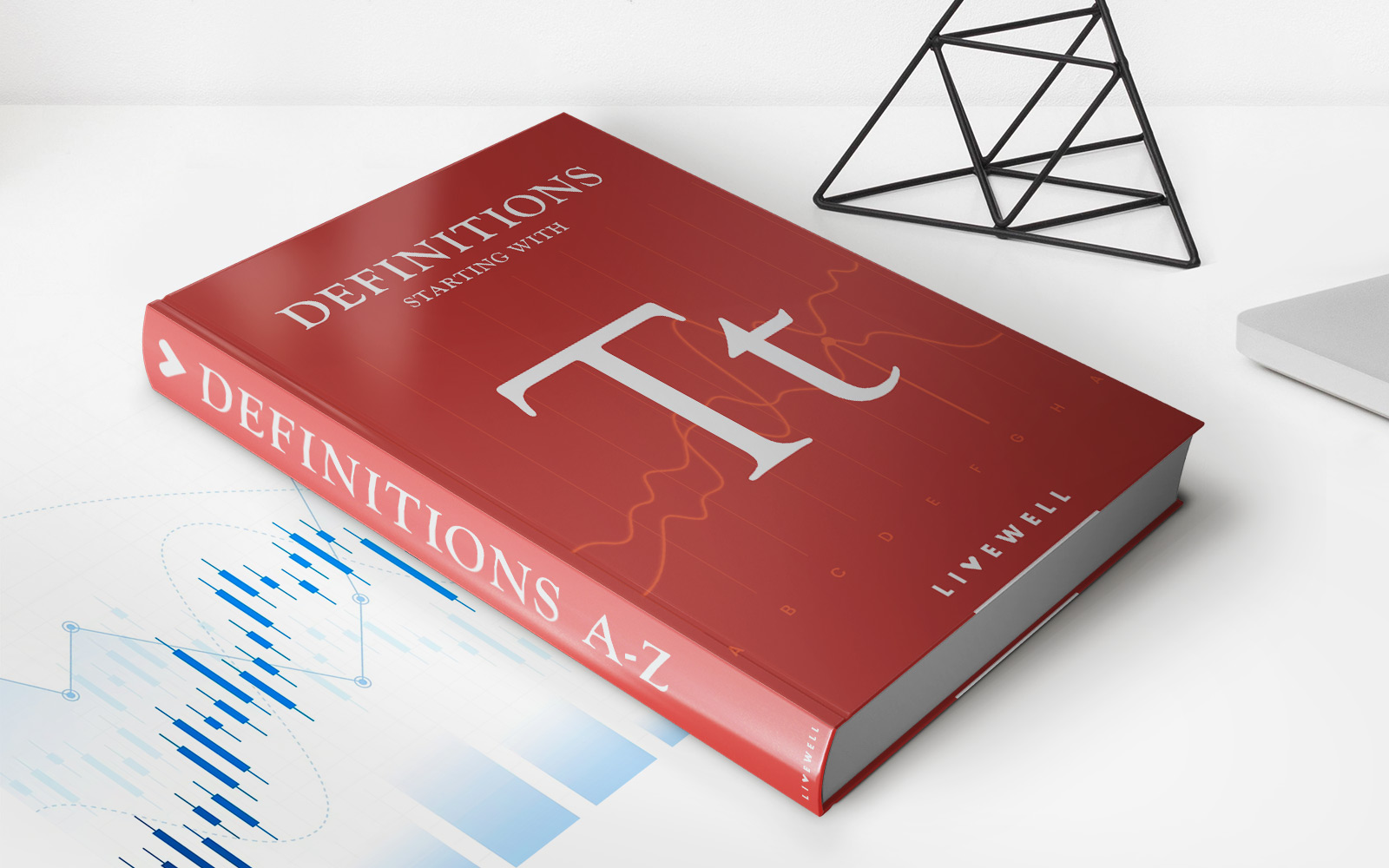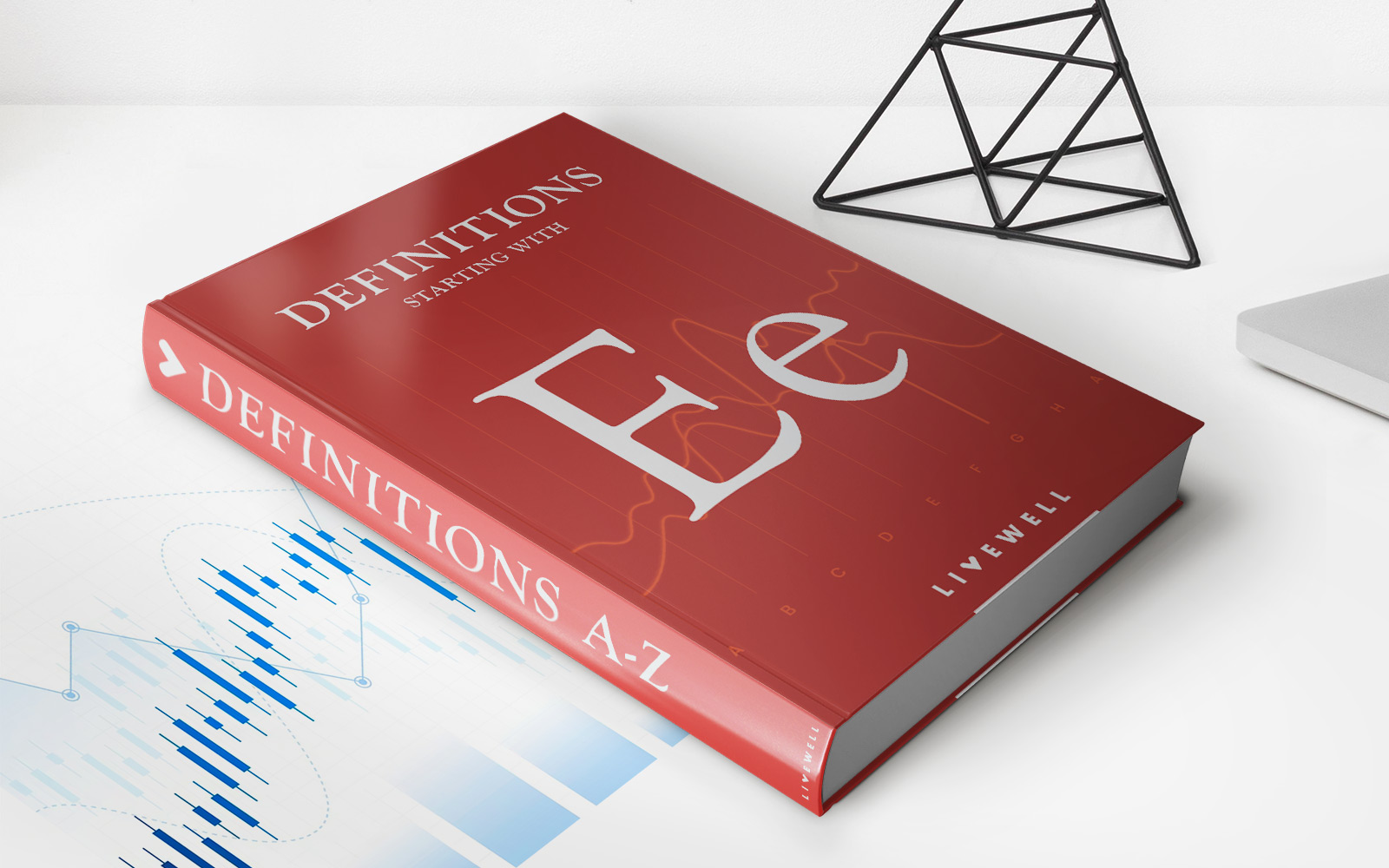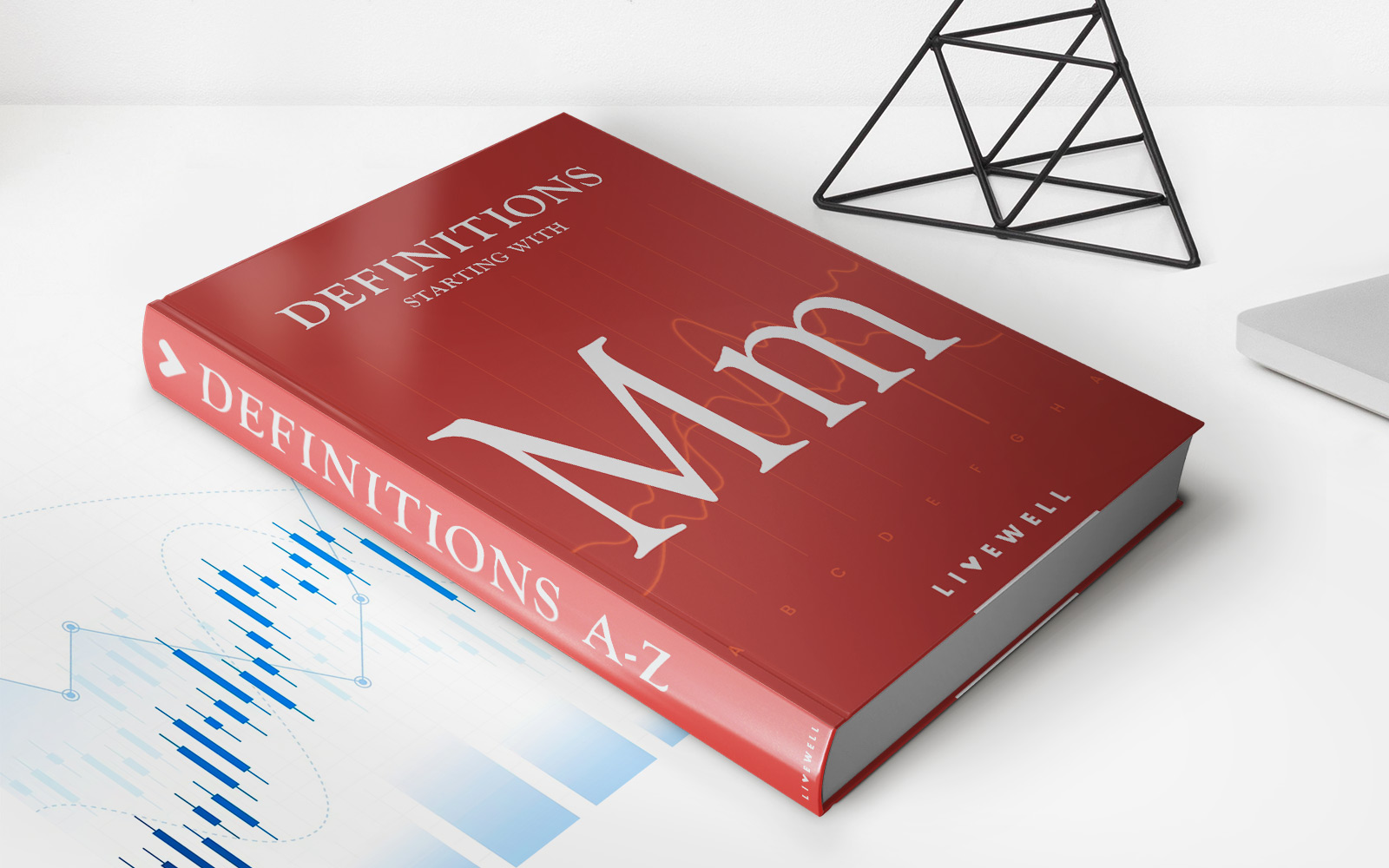

Finance
MSCI EMU Index Definition
Published: December 27, 2023
Learn about the MSCI EMU Index and its definition in finance. Understand how it impacts the European Monetary Union and investment opportunities.
(Many of the links in this article redirect to a specific reviewed product. Your purchase of these products through affiliate links helps to generate commission for LiveWell, at no extra cost. Learn more)
Unlocking the Potential of the MSCI EMU Index: A Comprehensive Guide
Welcome to the “FINANCE” category of our blog! Today, we are diving into the captivating world of the MSCI EMU Index, a key player in the financial markets. Whether you’re a seasoned investor or a curious individual looking to expand your knowledge, this comprehensive guide will equip you with all the essential information you need to understand and unlock the potential of this index.
Key Takeaways:
- The MSCI EMU Index represents the equity performance of the developed countries within the European Economic and Monetary Union (EMU). It is a widely recognized benchmark for investors seeking exposure to European markets.
- This index includes large and mid-cap stocks from 10 EMU member countries, covering a broad range of sectors. It offers a diversified view of the European market, capturing both local and global economic trends.
So, what exactly is the MSCI EMU Index? In simple terms, it is a stock market index that tracks the performance of companies within the Eurozone, comprising 19 countries. As an investor, understanding this index is crucial if you seek to capitalize on the opportunities presented by the European market.
The MSCI EMU Index is designed to provide a comprehensive representation of the Eurozone equity markets. It consists of large and mid-cap stocks from companies based in countries such as Germany, France, Spain, Italy, and more. By diversifying across sectors and countries, the index aims to capture the overall performance of the European market.
Here are two key takeaways to keep in mind:
- 1. Diversification: The MSCI EMU Index offers investors exposure to a diversified range of companies across various sectors, reducing the risk associated with individual stocks and sectors. It allows for broad market participation while providing a balanced portfolio.
- 2. Market Benchmark: The MSCI EMU Index serves as a benchmark for investors looking to assess the performance of their European investments. By comparing investment returns to the index, investors can evaluate the effectiveness of their strategies and make informed decisions.
Investing in the MSCI EMU Index can be achieved through various instruments such as mutual funds, exchange-traded funds (ETFs), and derivative contracts. Investors can choose to replicate the index’s performance or customize their portfolios based on specific preferences.
Understanding the MSCI EMU Index involves analyzing its components, methodology, and historical performance. Constant monitoring of the index is essential, as it reflects the market conditions and trends within the Eurozone. This knowledge can help investors navigate the intricacies of the European stock market and make informed investment decisions.
To summarize, the MSCI EMU Index is a valuable tool for investors interested in European markets. Its widespread recognition, diverse composition, and benchmarking capabilities make it an essential component in any investor’s arsenal. By leveraging the potential of this index, you can unlock new opportunities and expand your financial horizons.
Stay tuned to our “FINANCE” category for more intriguing insights and valuable information on various financial topics! Happy investing!
